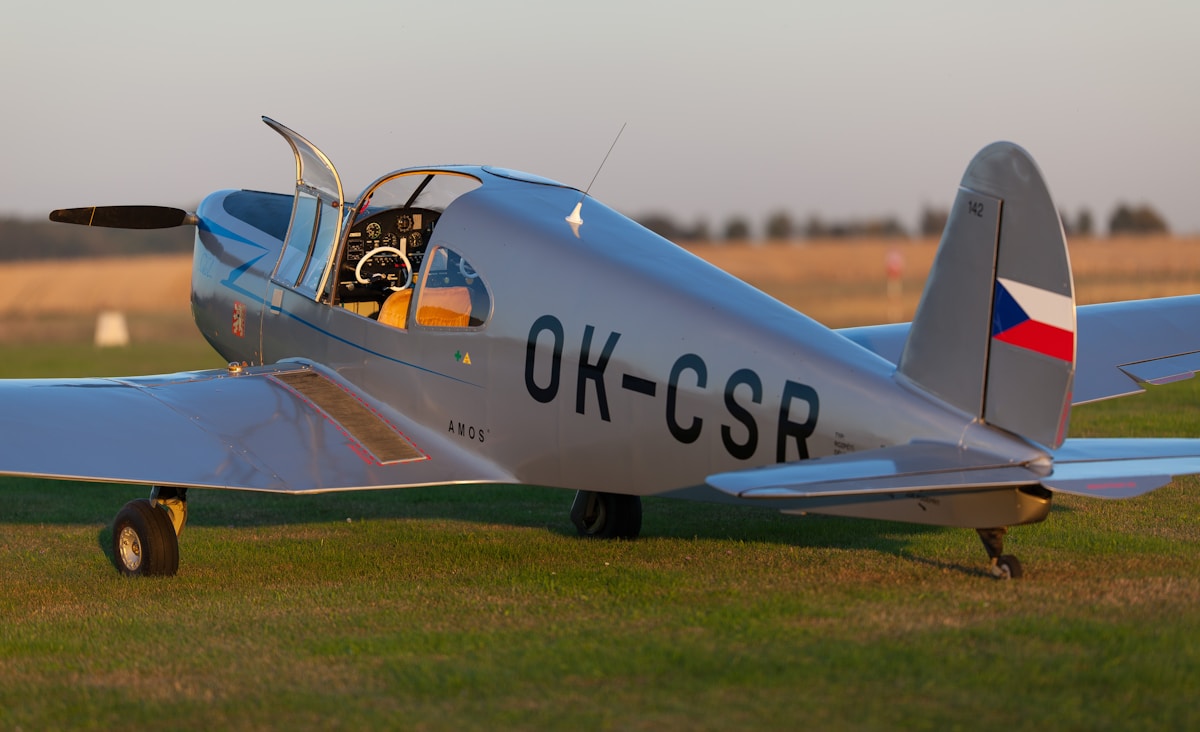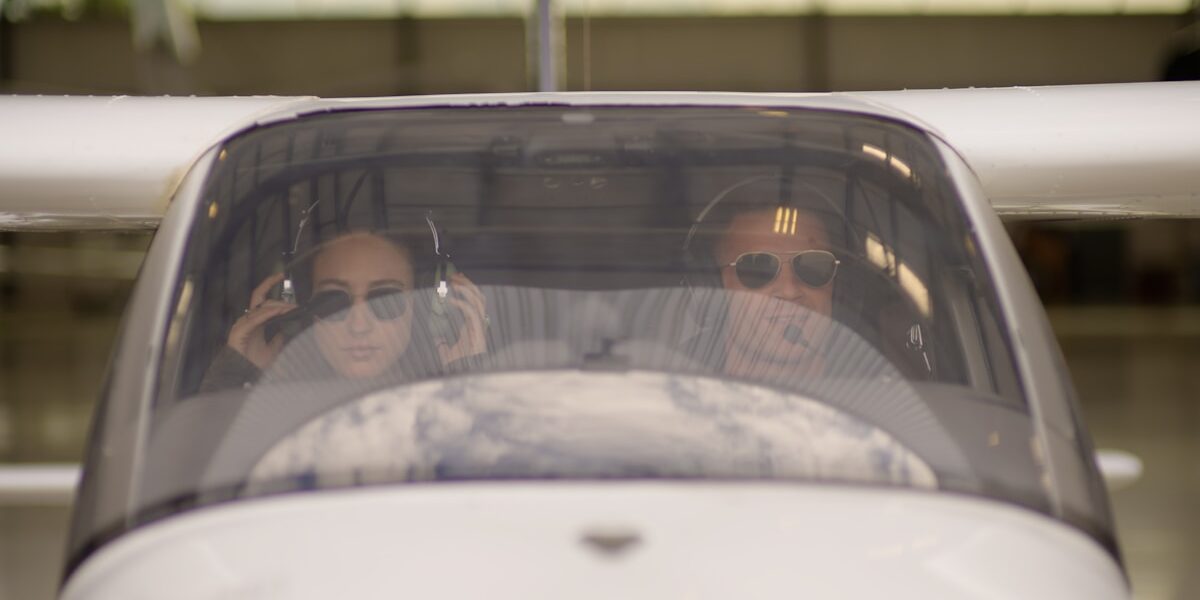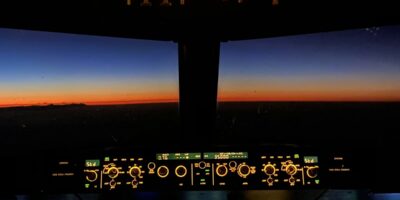Can a 12 Year Old Take Flying Lessons?
Many parents wonder if their 12-year-old can start flying lessons. This question arises as some kids display a keen interest in aviation from an early age. Exploring this topic requires an understanding of the regulations, challenges, and opportunities available for young aspiring pilots.

Regulations and Age Requirements
The Federal Aviation Administration (FAA) in the United States sets the rules for flying. According to these regulations, the minimum age to solo in an aircraft is 16. However, there are no age restrictions for taking flying lessons or flying with an instructor. This means a 12-year-old can indeed start flight training, but they won’t be able to fly solo until they reach 16.
Several flight schools welcome young students, though policies vary. Some schools may have age recommendations in place for safety and maturity reasons. It’s important to research and choose a flight school that has experience training young aviators.
The Training Process
Initial flying lessons focus on ground school. This helps the student understand basic aerodynamics, flight operations, and aircraft controls. Practical flight training follows. These flights are always conducted with a certified instructor. During these lessons, the student learns various skills, including taxiing, takeoff, in-flight maneuvers, and landing procedures.
Mock cockpit systems and computer-based simulations also play a significant role. These tools provide hands-on experience without the risks associated with actual flight.
Benefits of Learning to Fly Young
Starting flying lessons at an early age offers several advantages. Young minds often grasp complex concepts quicker. They tend to adapt more readily to new skills and technologies. Moreover, early exposure can foster a lifelong passion for aviation.
Another significant benefit is the extended period available for practice. Younger students have more time to build experience before they reach the minimum solo age. This comprehensive preparation can lead to greater confidence and proficiency when they eventually solo and work toward obtaining a pilot’s license.
Challenges and Considerations
Despite the benefits, young learners face unique challenges. Balancing school, extracurricular activities, and flight training can be demanding. Parents must consider the time commitment and financial investment associated with flying lessons. Costs include instructor fees, aircraft rental, fuel, and other expenses.
Additionally, maturity and focus levels are crucial. Flying requires discipline and the ability to manage stress. Not all 12-year-olds may possess the necessary temperament. It’s important to assess the child’s interest and commitment before enrolling them in lessons.
Parental Involvement and Support
Parental support is vital for young students. Engaging in their training, understanding the curriculum, and encouraging them can make a significant impact. Being present during ground school sessions or flights helps parents stay informed about their child’s progress. It also provides an opportunity to ask questions and address any concerns with the instructor.
Moreover, parents can assist with study schedules and time management, ensuring the child keeps up with both schoolwork and flying lessons without feeling overwhelmed.
Flight School Programs for Young Aviators
Many flight schools offer specialized programs for young aviation enthusiasts. These programs may include summer camps, weekend courses, and youth-focused ground school classes. Such programs are designed to make learning engaging and fun while adhering to safety standards.
In these settings, young students often interact with peers who share similar interests, enhancing their learning experience through camaraderie and teamwork.
Psychological and Cognitive Development
Children’s psychological and cognitive development plays a crucial role in their readiness to take on flying lessons. Skills such as spatial awareness, problem-solving, and decision-making are essential for piloting an aircraft. Flying lessons can enhance these abilities, contributing positively to overall cognitive development.
Additionally, learning to fly can boost confidence and independence, fostering a sense of responsibility and discipline that benefits young individuals in various aspects of life.
Technical and Practical Skills
Beyond the theoretical knowledge, flying teaches practical skills. This includes mechanical comprehension, understanding weather patterns, and navigational abilities. These skills are valuable both in the context of aviation and broader life applications.
For instance, learning to read and interpret meteorological data helps with critical thinking and analysis, while mastering the physical controls of an aircraft improves hand-eye coordination and precision.
Advanced Opportunities
After establishing foundational skills, there are advanced opportunities for young pilots. They may engage in more complex flight operations, pursue different aircraft ratings, or even join youth aviation organizations and clubs. These avenues offer additional learning experiences and networking opportunities within the aviation community.
Participation in programs like the Civil Air Patrol or the Experimental Aircraft Association’s Young Eagles program provides structured learning environments and mentorship from experienced aviators.
International Perspectives
Regulations and opportunities for young aspiring pilots vary worldwide. In the UK, for example, the Civil Aviation Authority (CAA) allows young learners to start training but mandates a minimum age of 14 to log flight hours. Other countries have similar frameworks, balancing safety and accessibility for young learners.
Exploring international flying schools or exchange programs can also broaden a young aviator’s experience, exposing them to different aviation practices and cultures.
Preparing for Solo Flight
The journey towards solo flight involves rigorous training and assessment. Building flight hours, developing proficiency in various maneuvers, and passing medical examinations are key milestones. Instructors ensure the student is thoroughly prepared before endorsing them for solo flight.
Reaching the solo flight milestone is a significant achievement, marking the transition from student to solo pilot and boosting confidence and sense of accomplishment.
Path to Certification
As young students approach the minimum age for certification, the focus shifts towards obtaining a pilot’s license. This includes preparing for written exams, flight tests, and meeting hour requirements. The Private Pilot License (PPL) is a common goal, serving as a foundation for more advanced ratings such as Instrument or Commercial licenses.
Some students may pursue a career in aviation, while others might continue flying recreationally. The skills and experiences gained during training remain valuable regardless of the chosen path.
Technology and Modern Tools
The integration of technology in flight training provides robust learning platforms. Flight simulators with realistic scenarios help young students practice without the risks of actual flight. These simulators offer exposure to a variety of situations, from simple navigation to complex emergency procedures.
Tablet-based applications and aviation software further enhance learning. Tools such as electronic flight bags (EFBs) and aviation-focused apps aid in planning, navigation, and real-time updates, providing a comprehensive learning experience.
Medical Requirements
Aviation authorities require prospective pilots to pass medical evaluations. For young students, obtaining a student pilot certificate includes meeting specific health standards. Vision, hearing, and general physical health are assessed during medical exams conducted by an Aviation Medical Examiner (AME).
Ensure all medical requirements are met early to avoid any unexpected hurdles during the training process.
Role Models and Mentors
Having access to role models and mentors significantly helps young pilots. Engaging with experienced aviators provides inspiration, guidance, and practical advice. Mentors can share their experiences, offer tips, and provide support throughout the training journey.
Joining aviation clubs, attending airshows, and participating in aviation forums or social media groups helps build connections with potential mentors and industry professionals.
Contributions to Aviation Community
Young aviators bring fresh perspectives, enthusiasm, and innovative ideas to the aviation community. Their contributions can help advance aviation practices and technologies. Encouraging young talent ensures the continued growth and dynamism of the aviation industry.
Insurance and Legal Aspects
When minors take flying lessons, insurance and legal considerations come into play. Flight schools generally have insurance coverage, but it’s wise for parents to inquire about specific policies related to young students. Understanding liability and coverage details ensures preparedness for any unforeseen circumstances.
Discussing legal aspects, including waivers and consent forms, with the flight school is also essential.
Encouraging Diversity in Aviation
Promoting aviation among diverse youth communities enhances representation within the industry. Initiatives aimed at reaching underrepresented groups can inspire a new generation of pilots from varied backgrounds. This diversity fosters innovation and inclusivity in aviation.
Organizations and scholarships are available to support young aviators from diverse communities, making flying lessons more accessible to all.
Long-Term Impact
Starting flying lessons at 12 can have long-term impacts on a child’s career and personal development. Whether they pursue a career in aviation or another field, the discipline, skills, and experiences gained through flight training are invaluable. Early exposure can inspire a lifelong passion for aviation and related industries.
Overall, the journey of learning to fly offers numerous rewards, challenges, and opportunities. It’s a unique path that shapes a young individual’s abilities, character, and future aspirations.

